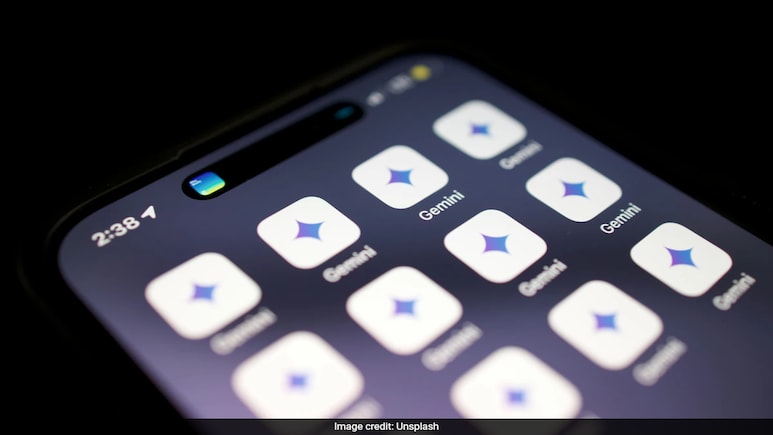
A woman recently claimed that she had a "scary" and "creepy" encounter with Google Gemini's image editing tool used for the viral 'Banana AI saree trend'. In an Instagram video, she claimed that the AI-generated image showed a mole on one arm, which was not visible in the image she had provided with the prompt.
The woman urged users to be aware while sharing photos on AI platforms. The video gained huge traction with users commenting on the post. This is "exactly how AI works", one user wrote. "AI draws from your digital footprint, from all the images you've uploaded online. Your mole is visible in your other pictures. It's not that AI is the problem, oversharing is." Another user wrote, "It's normal. All your pictures are in Google Photos. Gemini must have used your old pictures for a better result."
Also Read | Nvidia's Jensen Huang Gushes About Google Gemini's Nano Banana, Sundar Pichai Reacts
Here's what Gemini says on its "approach to safety"
Gemini states that "this AI image generator was designed with responsibility in mind" and it is "consistent with our AI principles". On its website, Gemini wrote, "To ensure that there's a clear distinction between visuals created with Gemini and original human artwork, Gemini uses an invisible SynthID watermark, as well as a visible watermark to show that they are AI-generated."
What is SynthID?
SynthID is a groundbreaking technology developed by Google DeepMind that embeds digital watermarks into AI-generated content, making it possible to identify and verify the origin of images, audio, text or video created by AI models. It is like a digital fingerprint that helps distinguish AI-generated content from human-created work.
What do the experts say?
In an old article by WIRED, Ben Colman, the CEO of AI-detection startup Reality Defender, had claimed: "Watermarking at first sounds like a noble and promising solution, but its real-world applications fail from the onset when they can be easily faked, removed, or ignored."
Indian police officer VC Sajjanar also issued a warning. "Be cautious with internet trends! Sharing personal information online and falling for the 'Nano Banana' rising craze can result in scams," Sajjanar wrote on X (formerly Twitter).
"With just one click, the money in your bank accounts can end up in the hands of criminals. Never share photos or personal details with fake websites or unauthorised apps."
ఇంటర్నెట్లో ట్రెండింగ్ లతో జాగ్రత్త!
— V.C. Sajjanar, IPS (@SajjanarVC) September 14, 2025
'నానో బనానా' ట్రెండింగ్ మాయలో పడి.. వ్యక్తిగత సమాచారాన్ని ఇంటర్నెట్ లో కుమ్మరిస్తే ఇలాంటి మోసాలే జరుగుతాయి.
ఒక్క క్లిక్తోనే బ్యాంక్ ఖాతాల్లో ఉన్న డబ్బు నేరగాళ్ల చేతుల్లోకి పోతుంది.
ఫేక్ వెబ్సైట్లు, అనధికార యాప్లకు ఫోటోలు/వ్యక్తిగత… pic.twitter.com/ZqmsqZ0wOi
Gemini says results based on prompts
The company says that the AI results are based on user prompts and, similar to other tools, there may be instances where it generates content that some individuals find objectionable.
"We'll continue to listen to your feedback through the thumbs up/down buttons and make ongoing improvements. While we won't always get it right, we will listen to your feedback, share our goals, and continuously improve," it noted.
Also Read | Top 10 Google Gemini AI Photo Editing Prompts You Need To Try Now
Gemini claims that the model is consistent with global AI principles. "We're training Gemini to follow a narrow set of policy guidelines designed to limit what outputs Gemini should generate - for example, instructions for self-harm, pornography, or excessively gory images."
"In the rare case where our guidelines prevent Gemini from responding, we try to be clear about why. Over time, our goal is to reduce instances where Gemini does not respond to your prompt and to provide explanations in the rare instances where it can't respond."
Track Latest News Live on NDTV.com and get news updates from India and around the world

